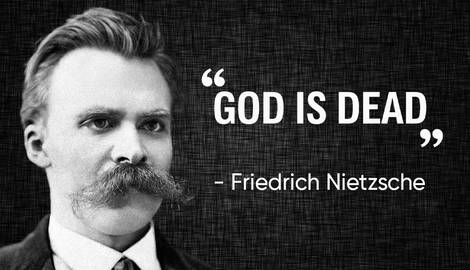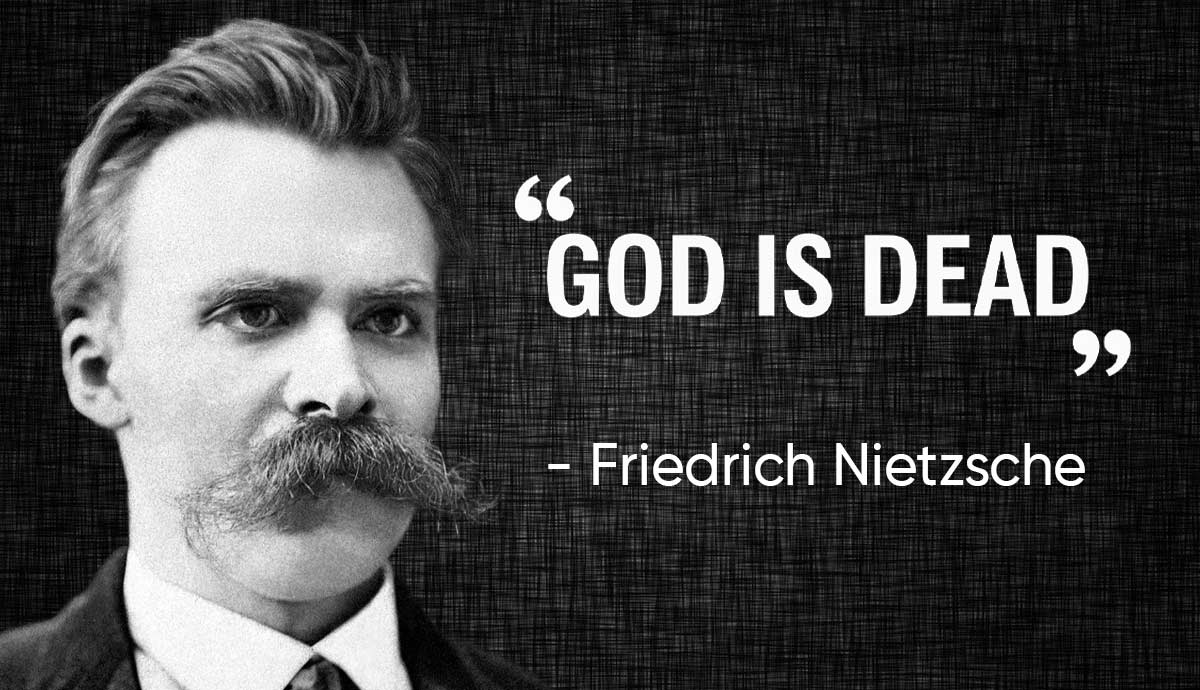
Friedrich Nietzsche is a timeless icon in the history of philosophy whose works continue to inspire thousands of people worldwide. His oeuvre is not just prized for its philosophical genius, but for its bold and masterful poetic style. Out of everything Nietzsche composed, “God is dead” and “Become who you are” stand out as his most quoted declarations. In this article, we uncover these statements’ origins and profound philosophical import, unpacking the reasons behind their timeless significance in Nietzschean philosophy.
“God Is Dead”

Friedrich Nietzsche meant by “God is dead” the cultural decline of the belief in the metaphysical foundations that ground morality, values, knowledge, and more. The declaration first appeared in section 108 of The Gay Science: “God is dead; but given the way of men, there may still be caves for thousands of years in which his shadow will be shown” (Nietzsche, 1882). Later in section 125, it appeared again in the famous madman passage: “God is dead. God remains dead. And we have killed him” (Nietzsche, 1882).
In this passage, a madman initially arrived seeking God, only to be ridiculed by his companions, who inform him of the tragic death of God. Horrified by the news, the madman exclaimed that the event is a catastrophe, one that “wipe[d] away the entire horizon” and “unchained this earth from its sun” (Nietzsche, 1882). Unfortunately, his companions do not fathom the gravity of the situation.
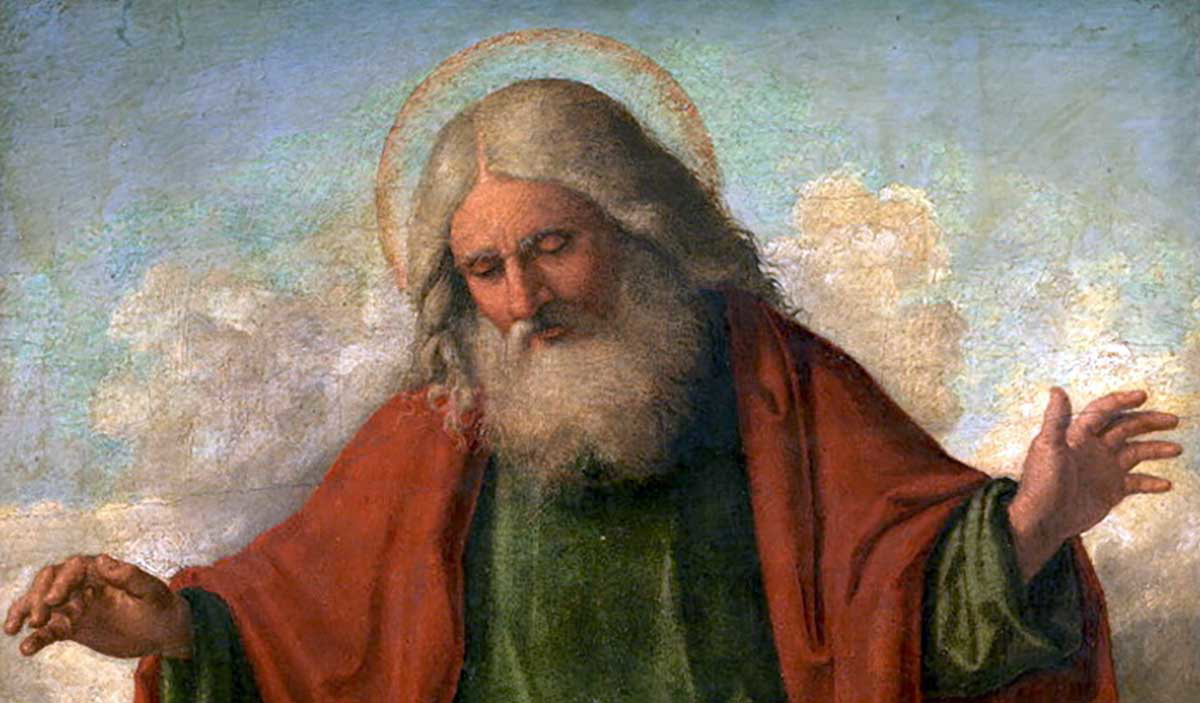
At first glance, the phrase “God is dead” makes little sense. God is traditionally conceived as an eternal and immortal being, so how can he be dead? The declaration instantly serves as a provoking shock factor for readers. However, for Nietzsche, God was a fiction created by the survival needs of earlier civilizations. By proclaiming the death of God, Nietzsche meant the end of our collective belief in that fiction rather than the death of an eternal being. The purpose of this declaration, however, was more than a mere cultural remark on the intellectual trends of the 19th century, characterized by the prevalent rise of secularism in Europe. Nietzsche’s primary concern is not the ‘death of God’ itself, but its implications for the future.
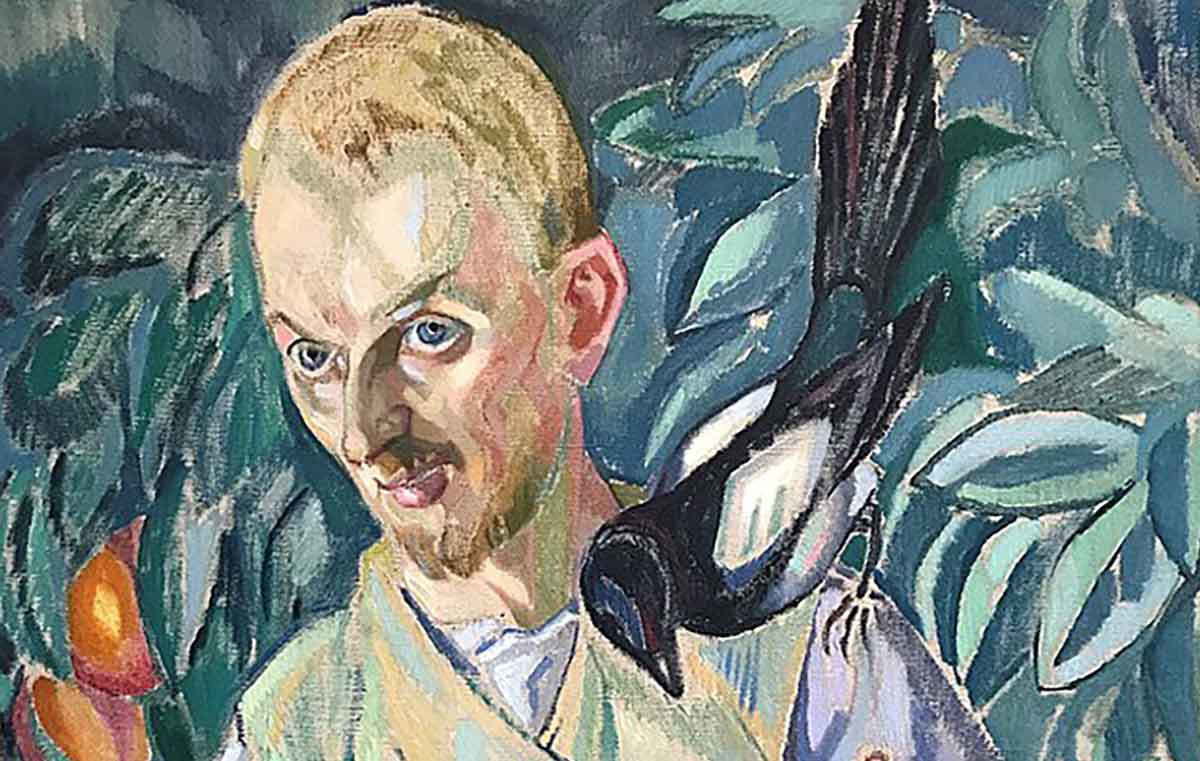
The people who mock the madman in section 125 represent those living in ‘the shadow of God’ in section 108. While they’ve dispensed with their belief in God, they still maintain the ethical and value systems founded on the metaphysical certainties of the Platonic Judeo-Christian tradition. The belief in God superseded and supplemented the grounds for countless intellectual systems of the 19th century. Unlike the ‘madman’, others have not yet come to realize the dire and catastrophic implications of God’s death.
“God Is Dead”: Socio-political Implications
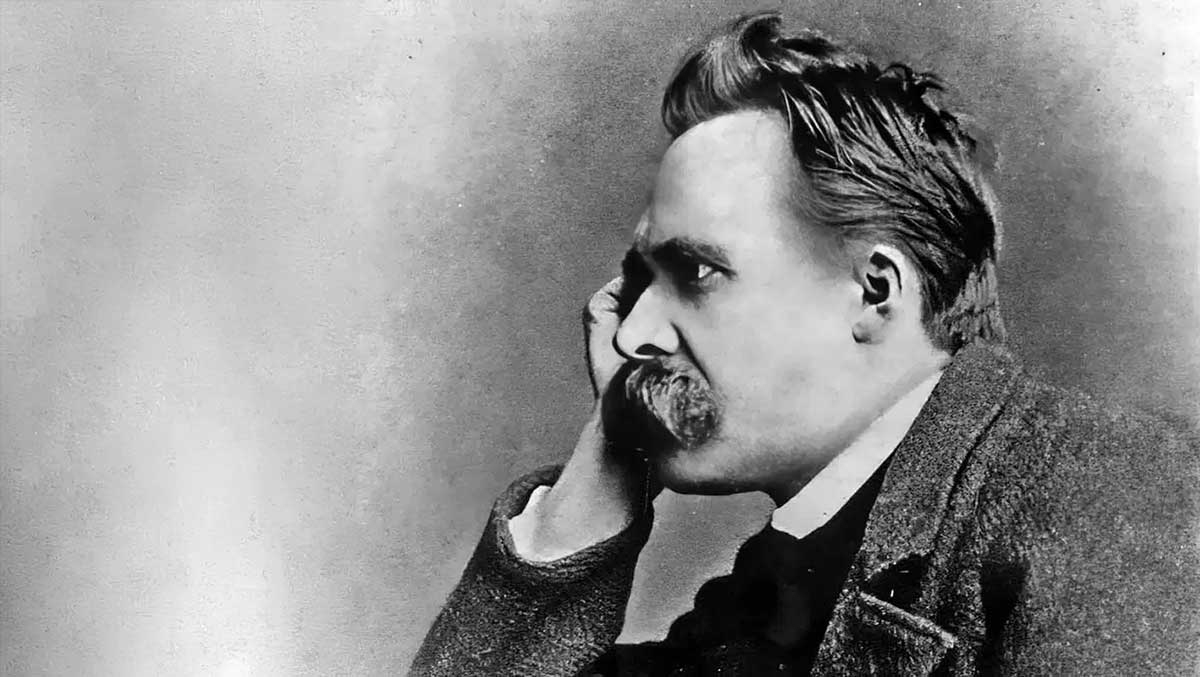
The implications of Nietzsche’s “God is Dead” are a total collapse of all the ethical, value, and knowledge systems founded on the metaphysical certainties of the Platonic Judeo-Christian tradition. In section 343 of The Gay Science, Nietzsche explicitly explained the catastrophic implications of God’s death: “Much less may one suppose that many people know as yet what this event really means and how much must collapse now that this faith has been undermined because it was built upon this faith, propped up by it, grown into it; for example, the whole of our European morality” (Nietzsche, 1882). More specifically, Nietzsche meant the collapse of moral egalitarianism, which was founded on the belief that all God’s children are equal.
During that time, philosophers were trying to establish ethical systems that do not depend on a belief in God as their basis (e.g., Immanuel Kant’s categorical imperative). Nietzsche, however, believed that by trying to save the ideological heritage of the Platonic Judeo-Christian tradition, we are effectively still living in ‘the shadow of God’.
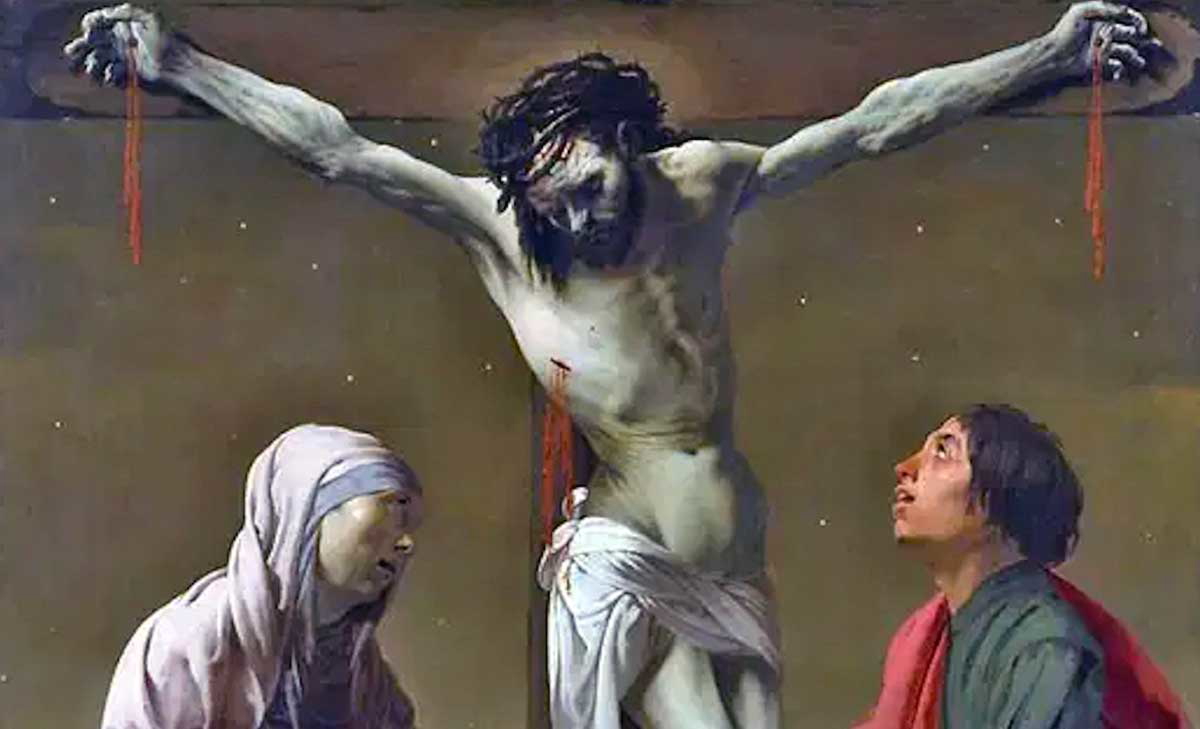
According to Nietzsche, the death of God opened a nihilistic vacuum where existing ethical frameworks, value systems, and the very meaning we give to our lives must be annihilated because they are largely based on the metaphysical premises of faith. Effectively, the death of God marked the death of everything we held to be true. The madman of Nietzsche’s story rightfully perceived the gravity of the event. As readers, we are left questioning, like the madmanof The Gay Science, what lies beyond the tragedy of God’s death?
How can we understand ethics and values beyond the metaphysical certainties of religion? What is the meaning of life, and who are we, once the ideological and epistemic structures upheld by God’s existence collapse? Arguably, Nietzsche’s answer to these questions lies in his concept of radical self-creation, perfectly encapsulated in his famous declaration: “Become who you are” (Nietzsche, 1883).
“Become Who You Are”
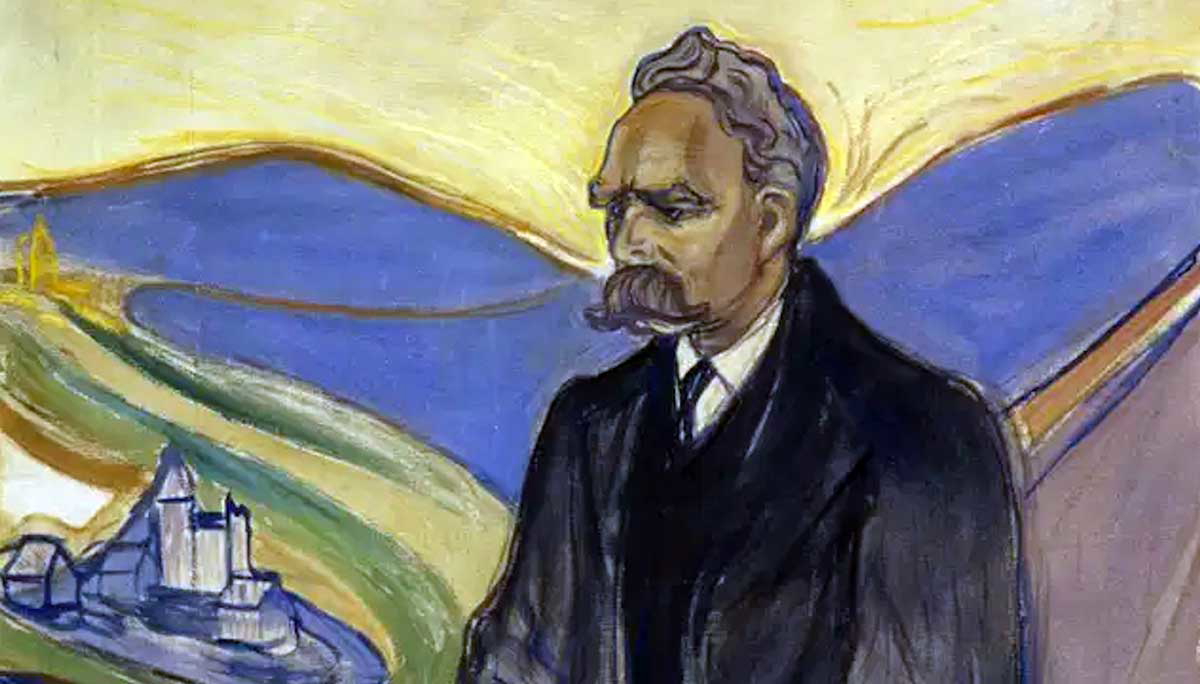
Nietzsche’s imperative, “Become who you are”, urges us to create our selves anew, forging our own morals, values, and meanings beyond the aftermath of ‘God’s death’. “Become who you are” is not a call for recovering a pre-existing identity underneath layers of religious and social conditioning. It should not be confused with our modern notions of self-discovery, for that would assume that ‘who we are’ is a fixed identity that already exists. On the contrary, Nietzsche considered the self as a dynamic process that is constantly in flux. Becoming who we are can hence only be understood as an ongoing and active process of self-creation, which is integral to his notion of the will to power.
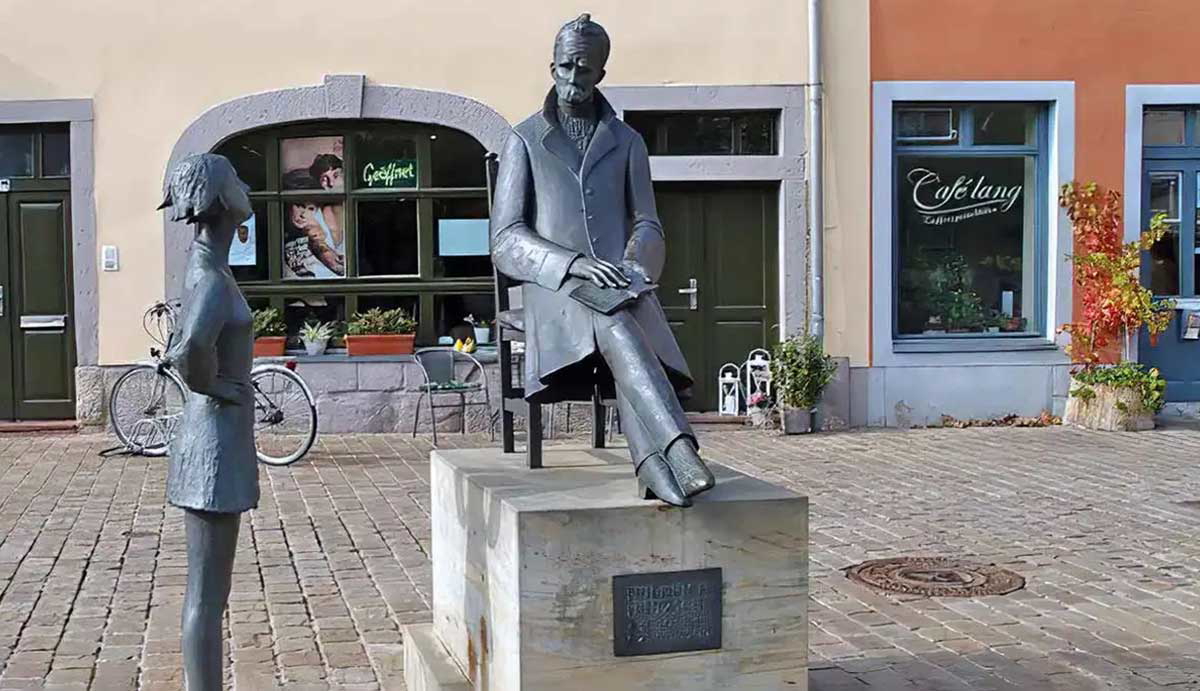
Unlike Arthur Schopenhauer’s ‘will to live’, Nietzsche’s will to power is not about survival but a creative drive of self-affirmation and self-overcoming. Self-affirmation entails an active acceptance of one’s life, choices, suffering, and inner contradictions. Self-overcoming is the process of growing beyond who you currently are by overcoming limitations, contradictions, and inherited ideologies and beliefs. Self-affirmation and self-overcoming are driven by the will to power and are the essence of the continuous process of becoming who you are.
The maxim first appeared in Nietzsche’s Thus Spoke Zarathustra and was further developed in Ecce Homo. However, we can see that self-creation is a central theme echoing throughout the entirety of Nietzsche’s later literary corpus, one that points the way forward beyond the existential and ideological vacuum created by ‘God’s death’.
